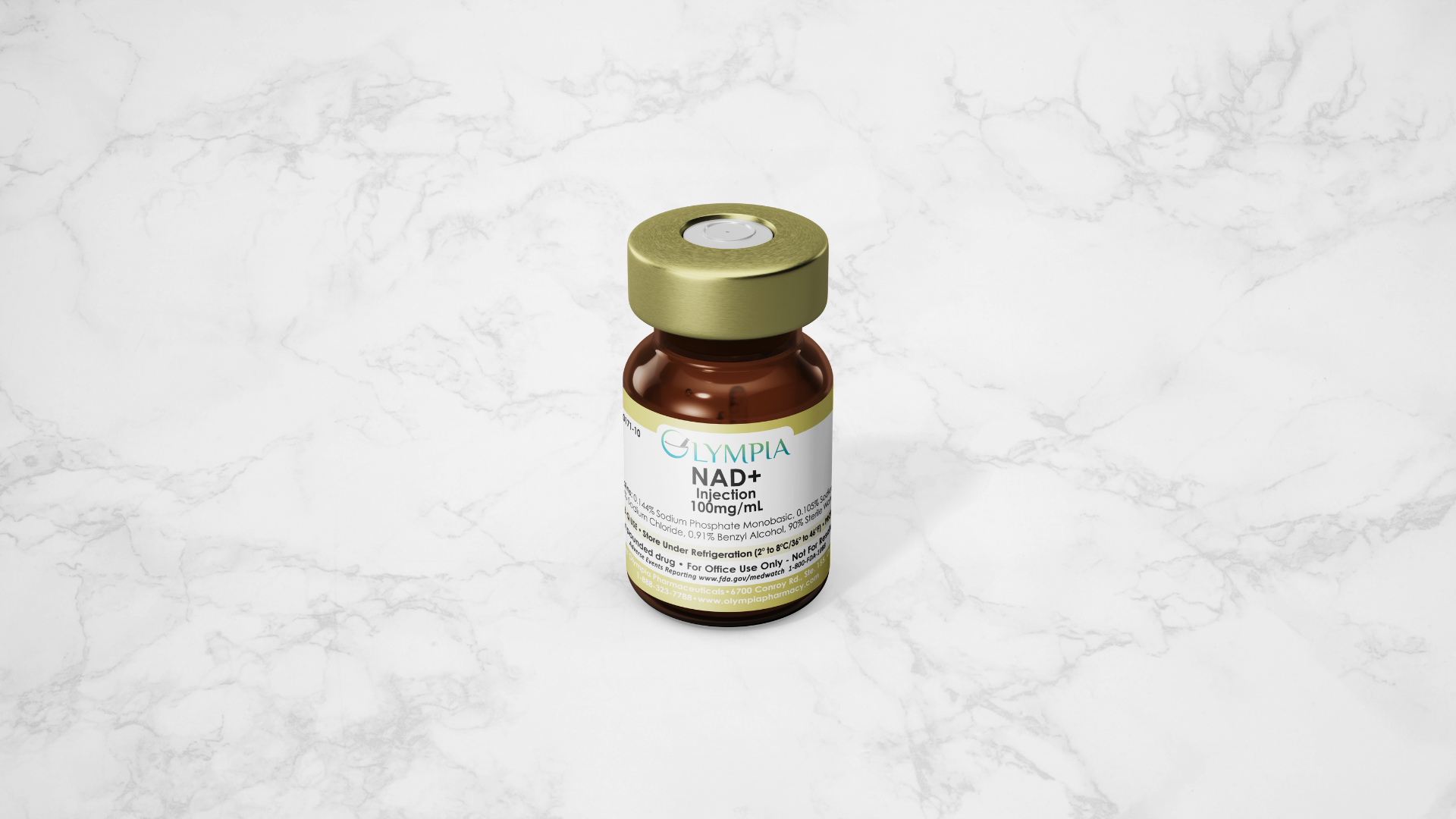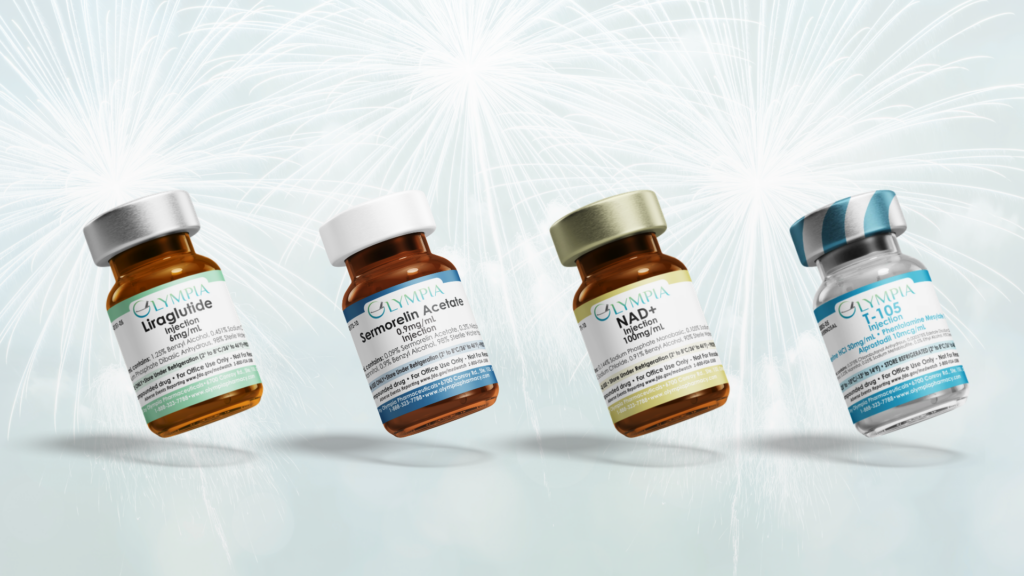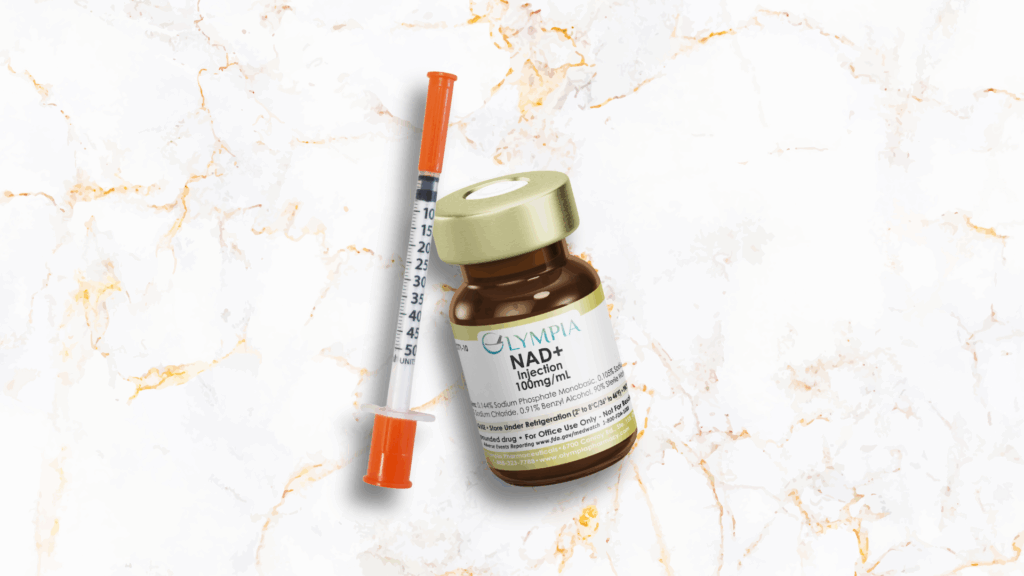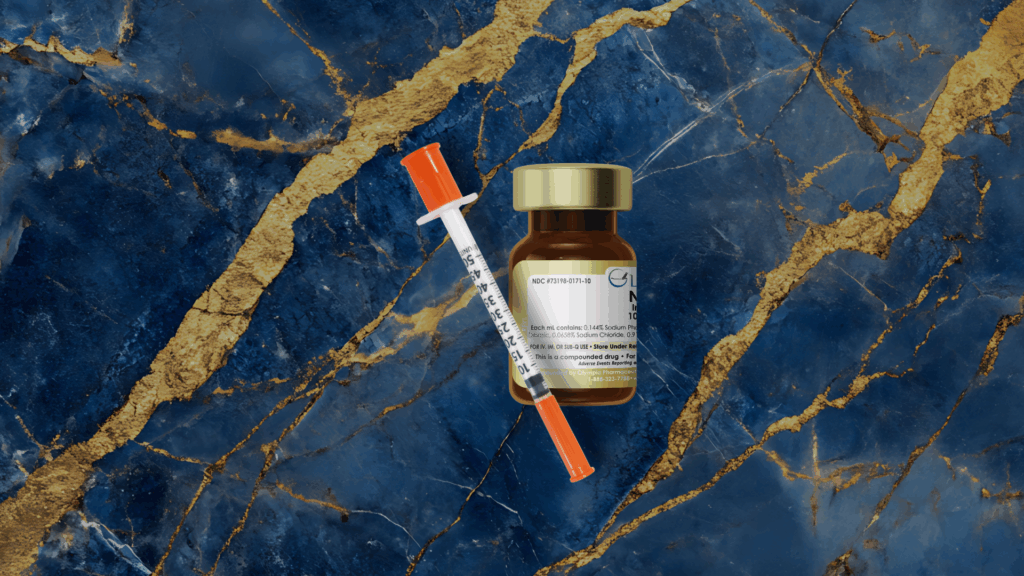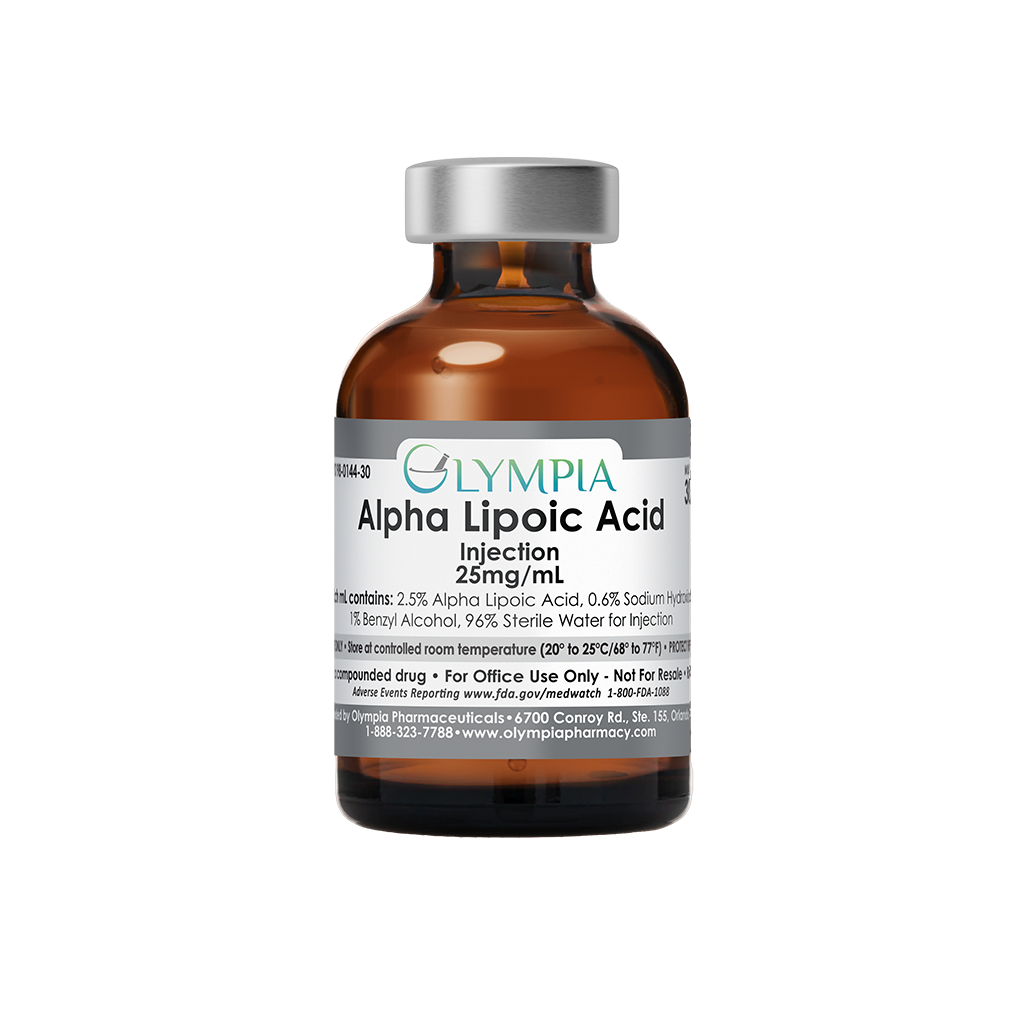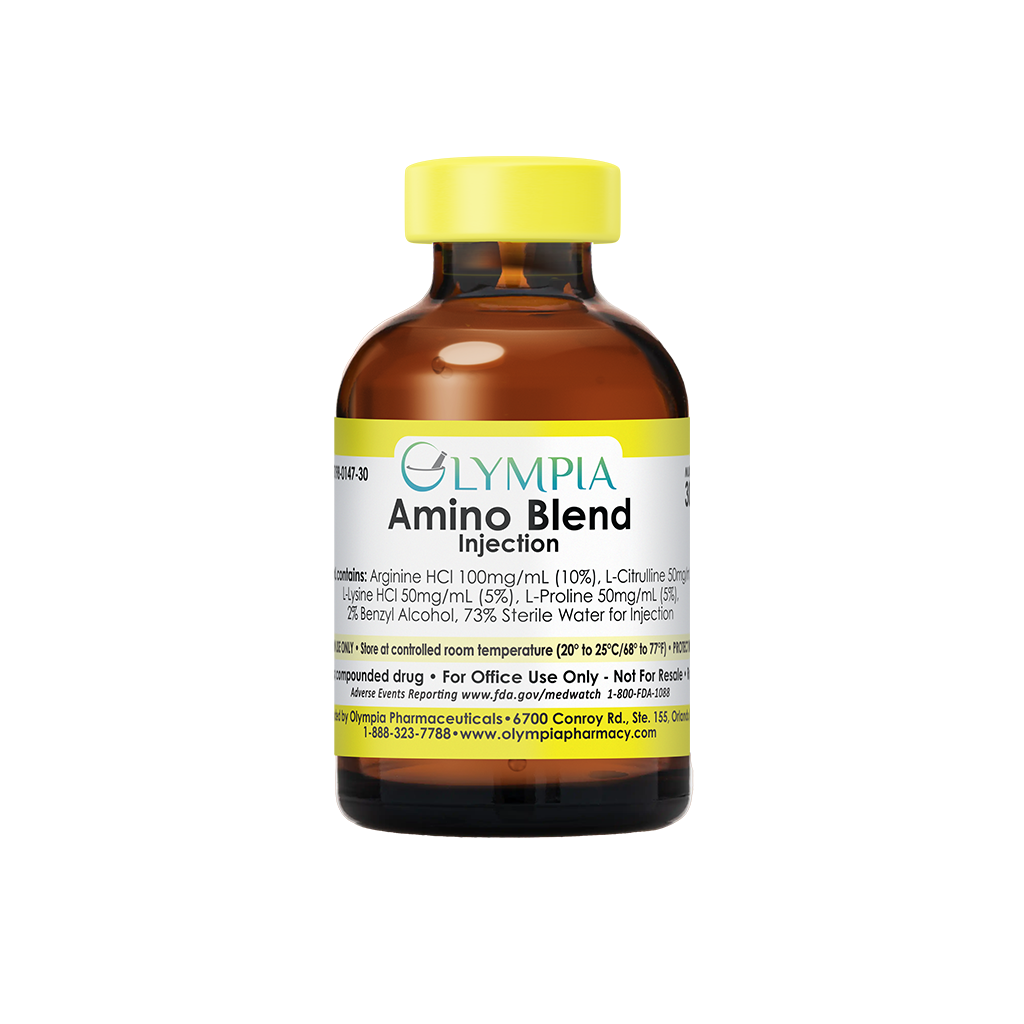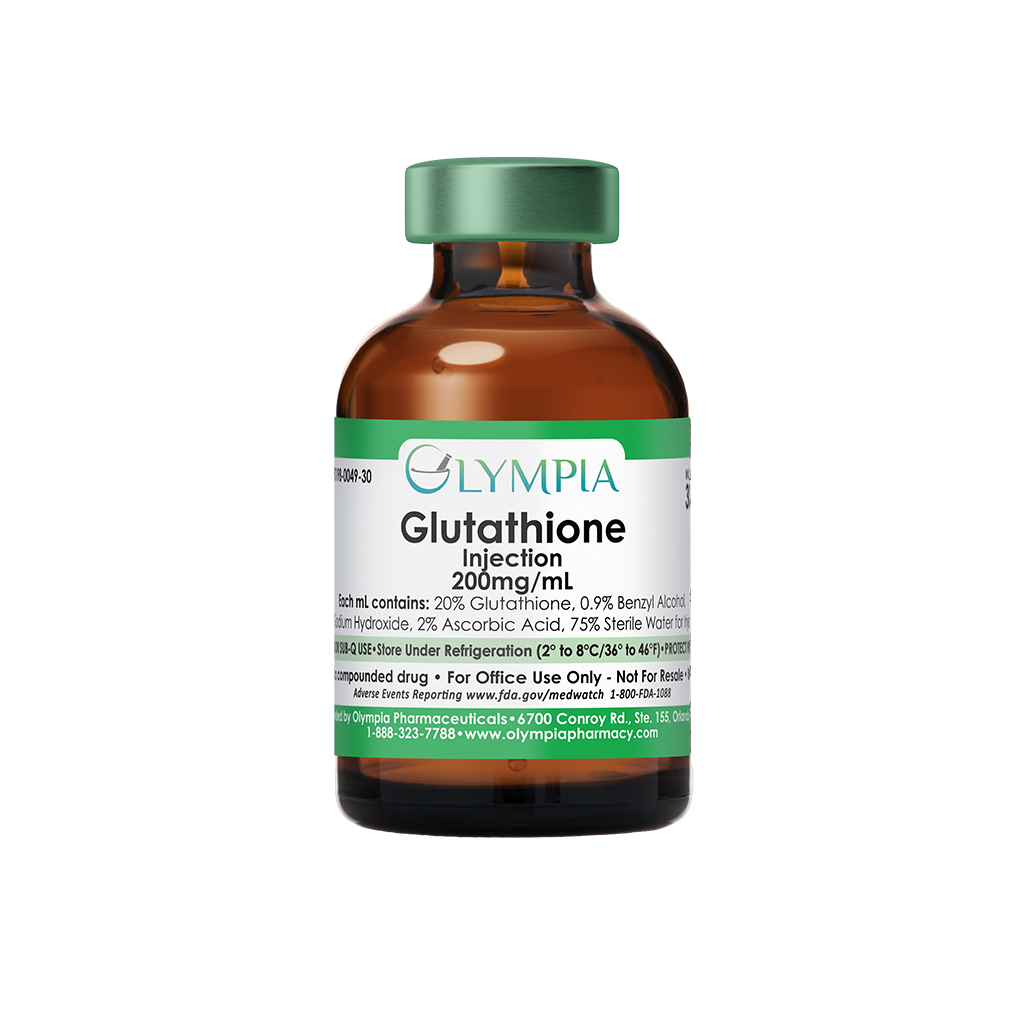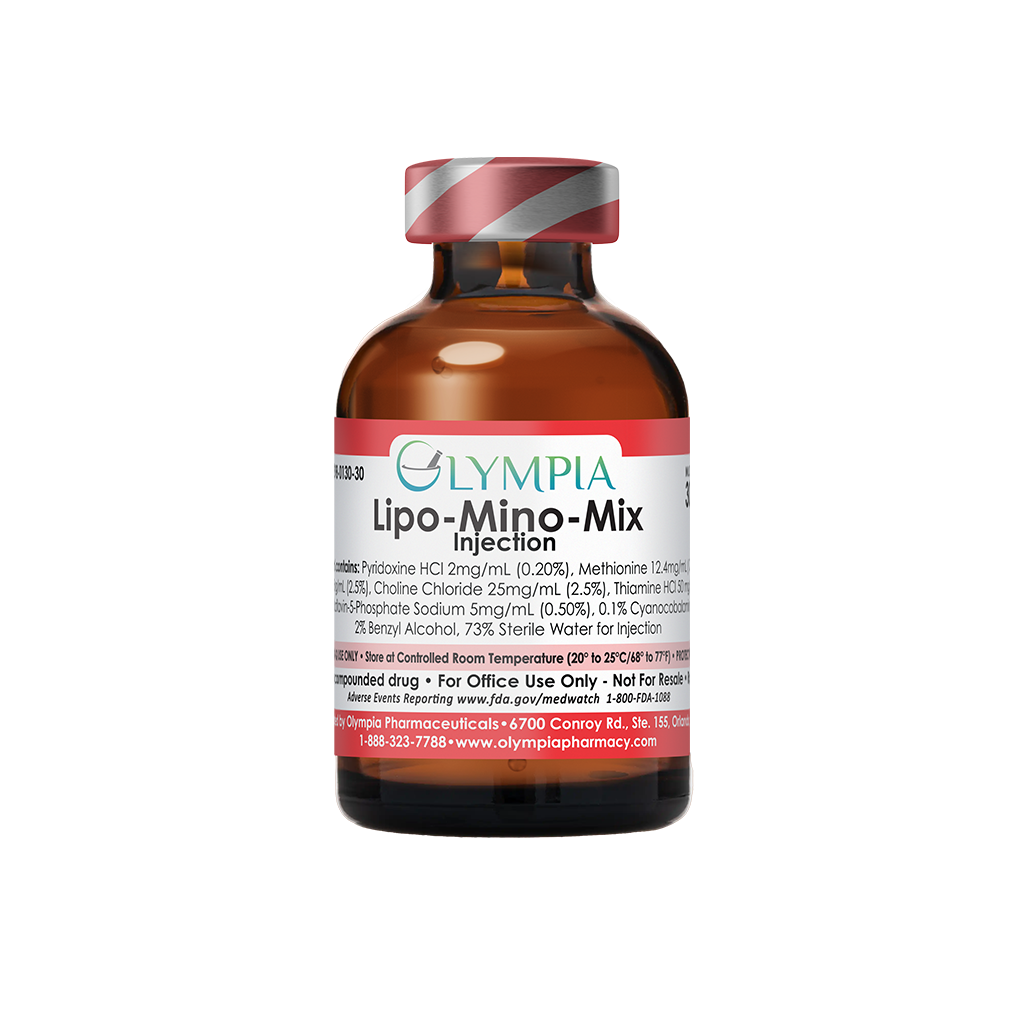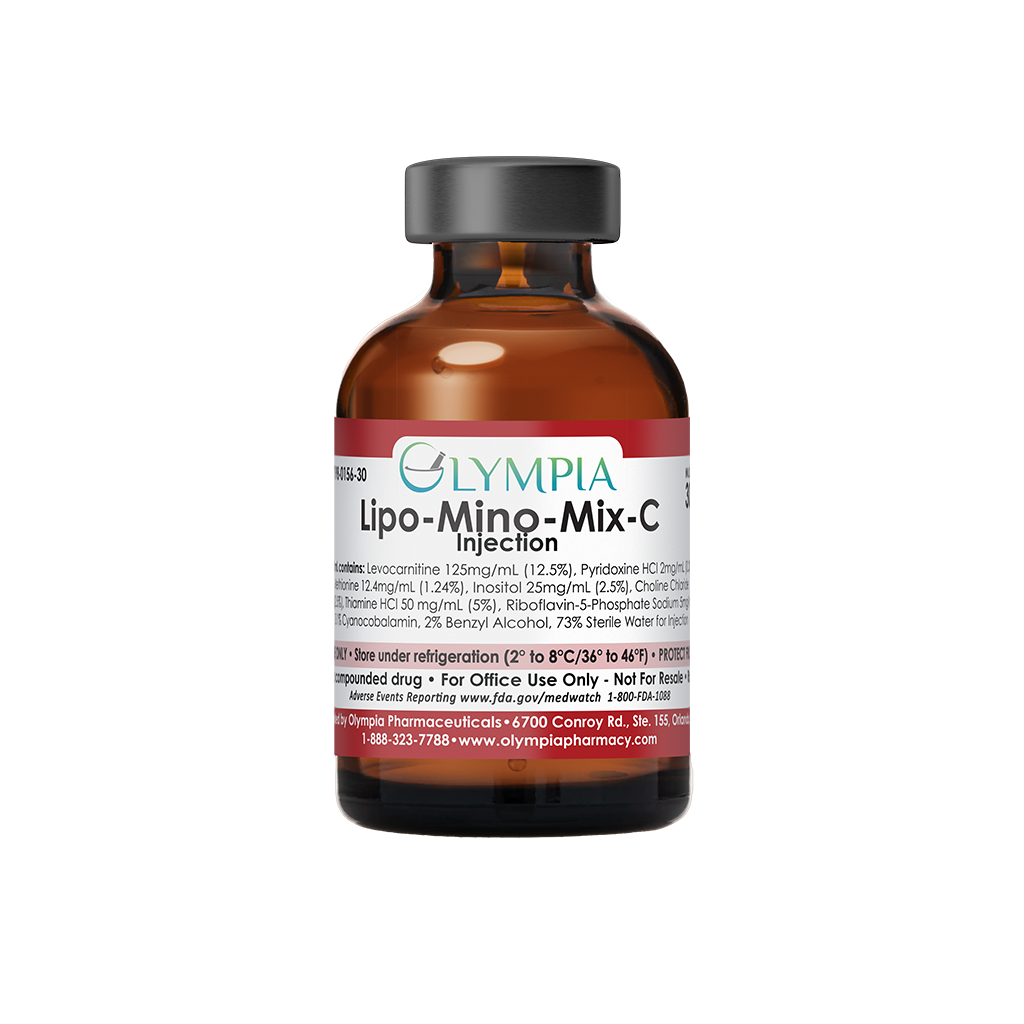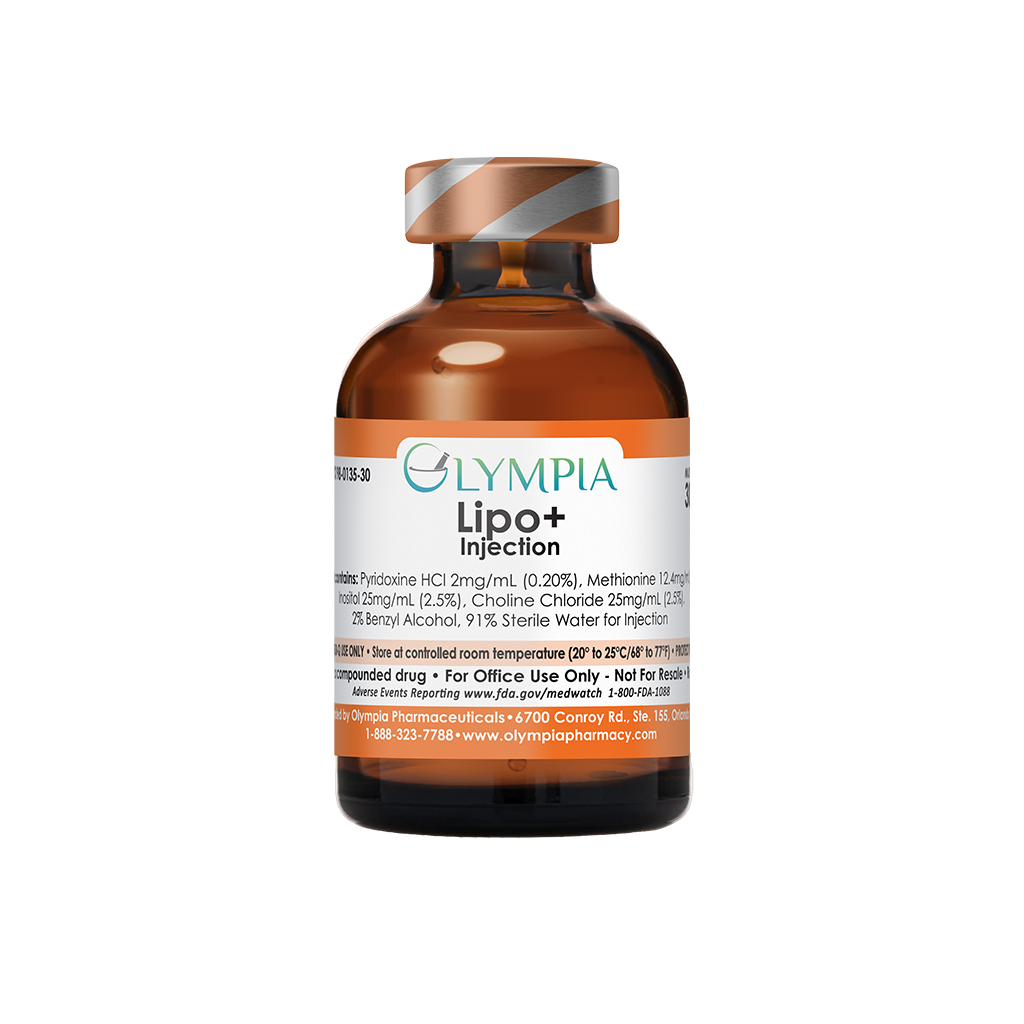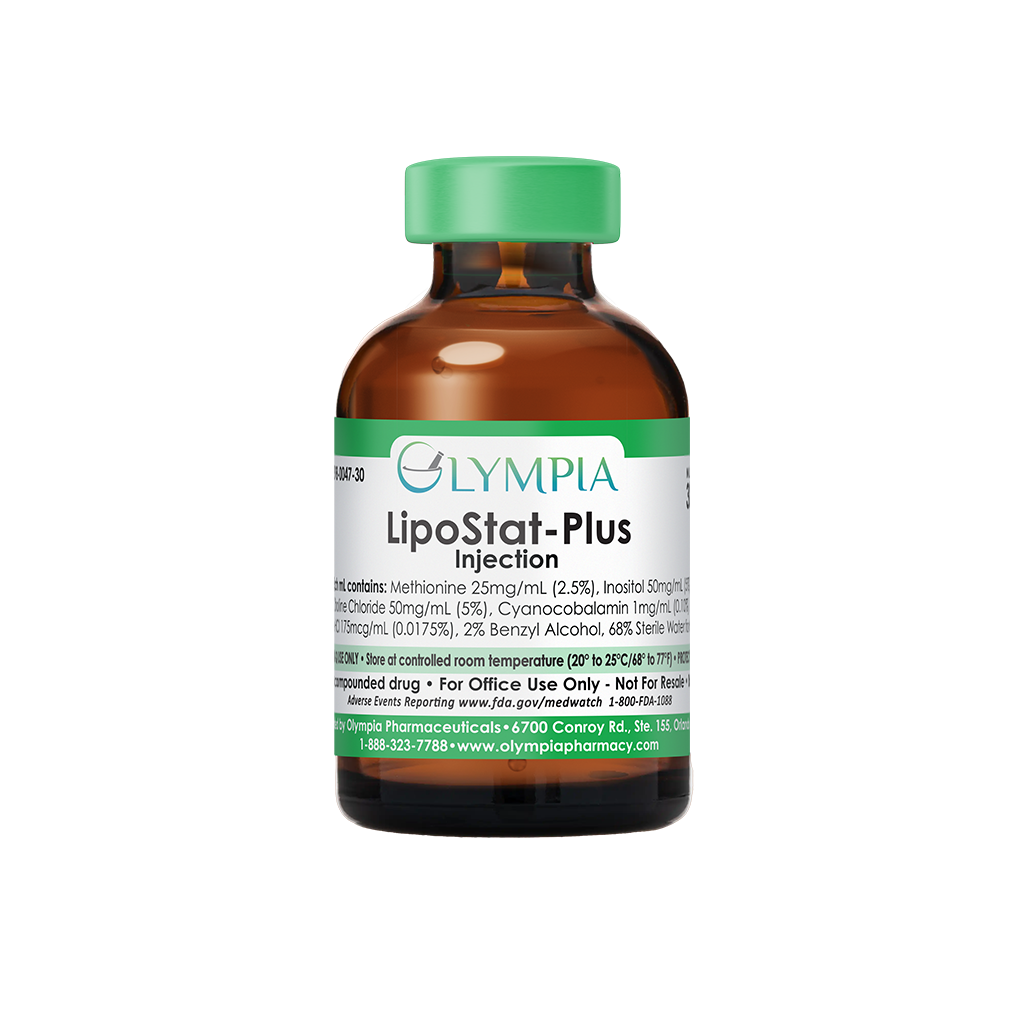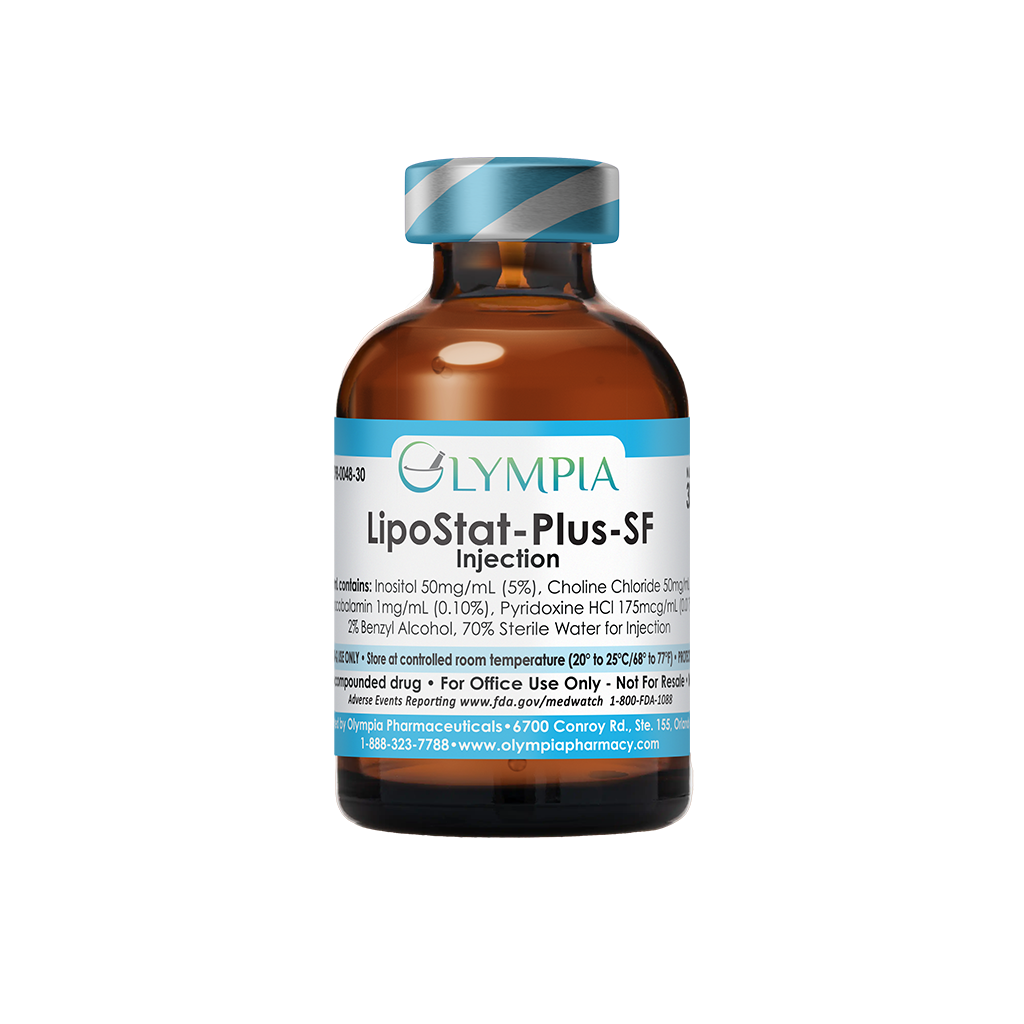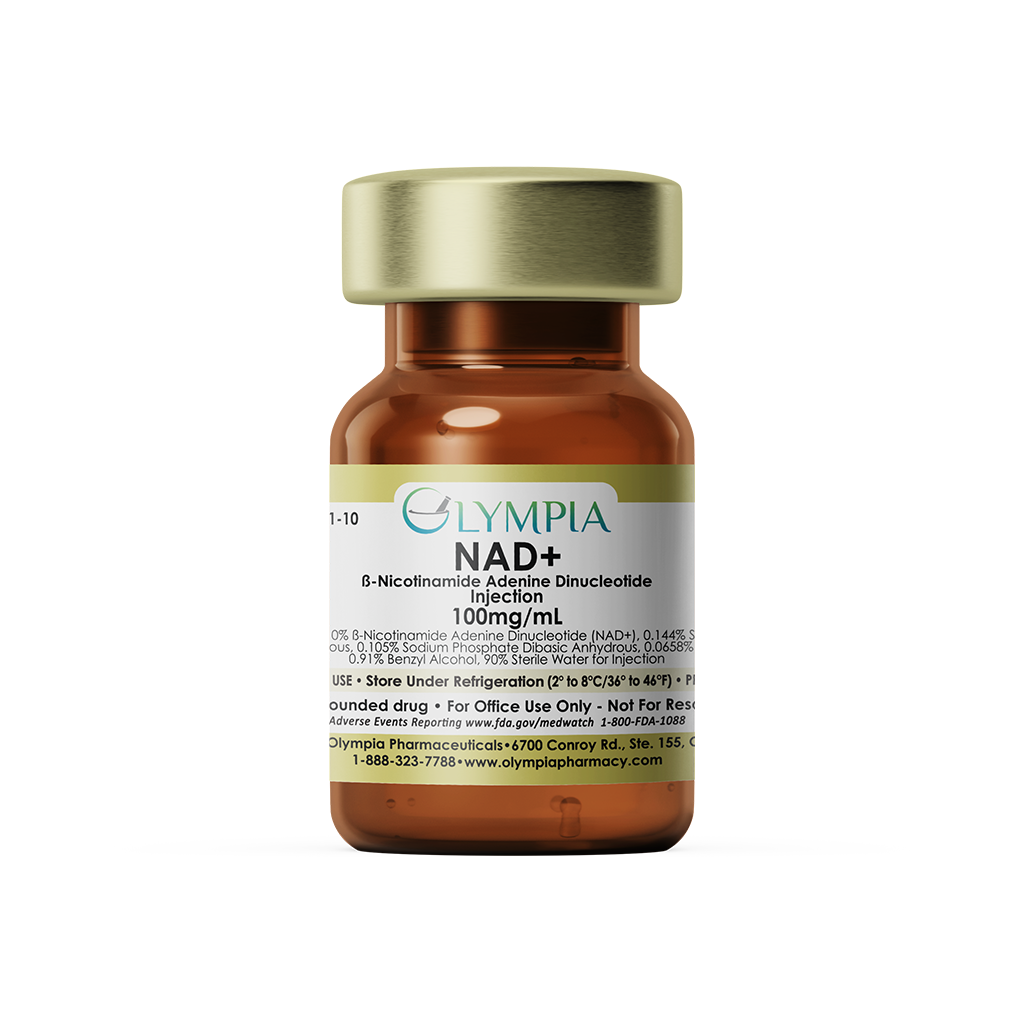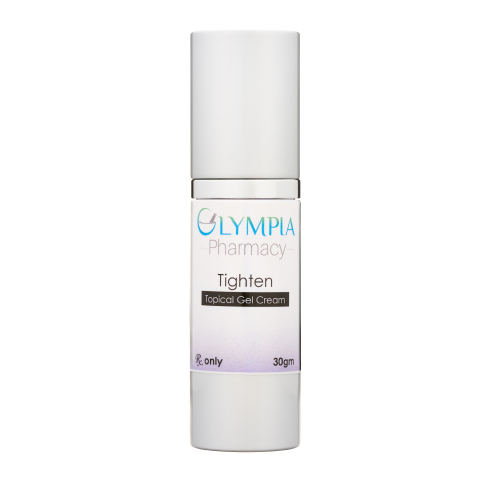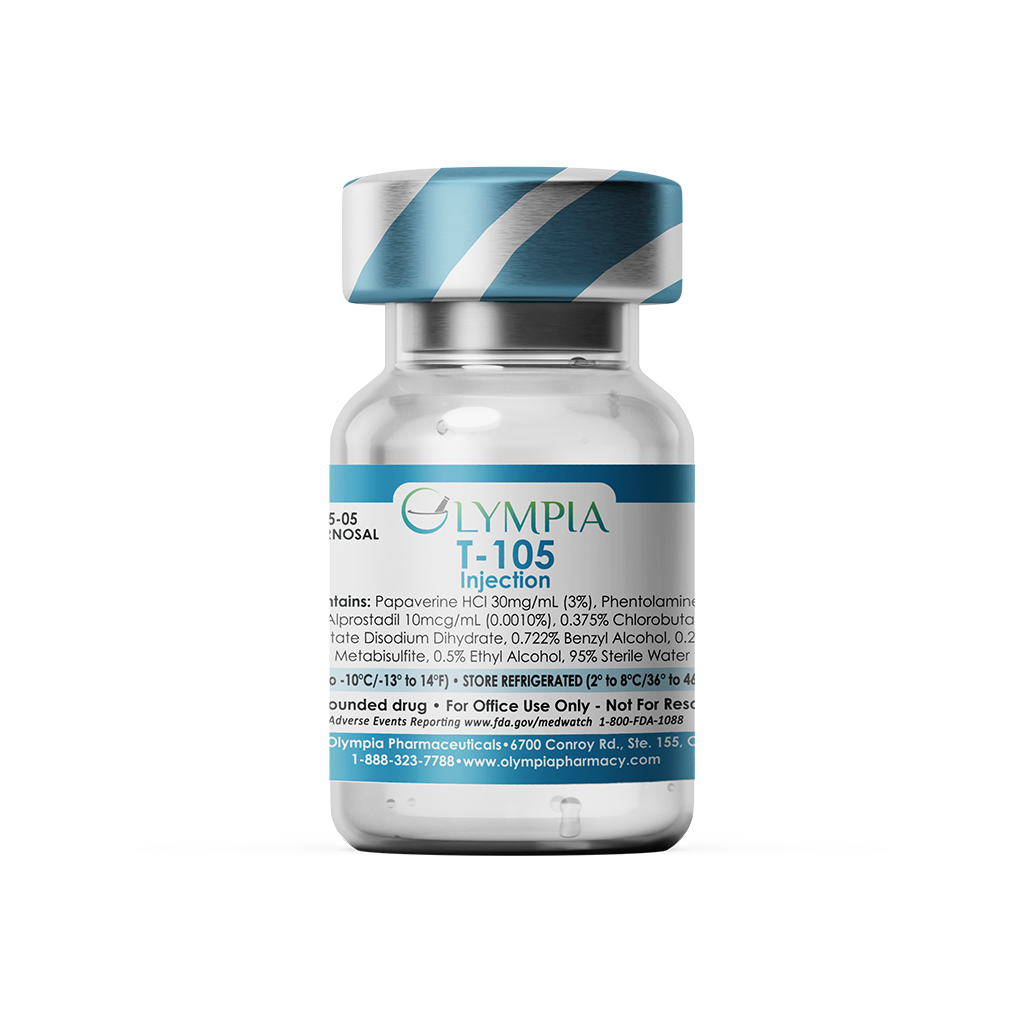What Is an NAD Supplement?
NAD+, short for nicotinamide adenine dinucleotide, is a naturally occurring coenzyme found in every living cell. It’s a critical component for various functions within the body including DNA repair, cellular energy production, and the overall support of healthy aging.
When individuals are found to be deficient in NAD+, they may be prescribed NAD supplements to increase their body’s levels.
What Is NAD+ Used For?
NAD+’s role across the body cannot be understated. The coenzyme works to convert food into ATP, the primary energy carrier for cells, that ultimately supports a wide range of needs across the body. These include:
❖Support for healthy brain and nerve function
❖Aiding in DNA repair and cellular regeneration
❖Regulating metabolism and the body’s sleep-wake cycle
NAD+’s function as a coenzyme also applies to sirtuins a family of proteins that regulate aging. Across these needs, NAD+ is viewed as a vital component to longevity and healthy aging.
[button url=”https://www.olympiapharmacy.com/contact/?ref=NADATP-blog” new-tab]Ready for NAD Yet?[/button]
How To Increase NAD+ Levels Naturally?
NAD+ supplementation, while observed as helpful in increasing NAD+ levels across the body, isn’t the only way to influence the production and preservation of your body’s NAD+. There are a multitude of ways you can influence your NAD+ levels naturally through lifestyle choices.
❖Exercise regularly. Research suggests that routine exercise stimulates the synthesis of NAD+ in the body. Focusing on high-intensity and/or resistance training can help in preserving NAD content found within skeletal muscle.
❖Prioritize quality sleep. Even beyond the scope of NAD+, ensuring you receive a full night’s sleep is beneficial to both your body and mind. Aim to get 7-9 hours of sleep every night to give your body optimal time to recharge and reset.
❖Practice caloric moderation. Caloric moderation can passively aid in increasing NAD+ levels in the body. Research suggests that diets high in fats and sugars can result in energy overload, which decreases levels of NAD+ in the body. Practicing moderation may not just preserve natural NAD+, but can play a more active role in reaching your fitness and health goals.
❖Eat foods rich in NAD+ precursors. Fish, mushrooms, green vegetables, and whole grains have all been observed to possess the “building blocks” for NAD+ synthesis in the body. Find flavorful ways to incorporate these foods into your diet to help optimize the NAD+ your body produces.
❖Limit alcohol and processed sugar. Binge drinking alcohol can drastically reduce NAD+ levels in the body. This, alongside the energy overload that may result from a diet high in sugars, can be detrimental to preserving the NAD+ in your body.
❖Avoid chronic stress where possible. Stress is difficult to avoid, as countless factors in our daily lives can influence it. Finding ways to mitigate and reduce stress isn’t just good for your NAD+, but for you as a whole. Practice mindfulness, whether it’s through journaling, yoga, meditation, or another low-intensity activity that gives you the opportunity to slow down and reflect.
Is NAD Well Tolerated?
For most healthy adults, NAD+ supplementation and IV therapy are tolerable when administered under medical supervision. Do note that because NAD+ can affect metabolism and cellular activity, supplementation may not be appropriate for everyone. Always check with your provider to determine if it’s a right fit for you.
Red Flags To Share With Us [Med list, pregnancy, chronic conditions]
Please keep in mind that NAD+ should be avoided in patients who currently have or recently had cancer. Your current medlist should be reviewed with your provider, especially if you’re on chemotherapy, immunosuppressants, or heart medications.
Additionally, NAD+ supplementation is not recommended for use during pregnancy or breastfeeding.
Always review your health history with a qualified clinician before starting NAD+ therapy.
What Is the Function of NAD+?
NAD+ is an essential coenzyme in cellular metabolism, energy production, DNA repair, and regulation of many biological processes across the body. These processes influence aging, brain health, and inflammation.
[button url=”https://www.olympiapharmacy.com/contact/?ref=NADATP-blog” new-tab]How About Now?[/button]
How Often Should You Get NAD Injections?
Ultimately, NAD+ dosing does not have a one-size-fits-all schedule. This will vary on your body’s needs and should be evaluated with a qualified clinician.
Factors That Change Frequency
Your overall health goals (energy, recovery, anti-aging, cognitive support), Age and baseline NAD+ levels, Existing medical conditions or medications, How your body responds to initial treatments
Can NAD+ Boost Women’s Fertility or Help With IVF
Research on NAD+ and women’s fertility is emerging, but more must be conducted before any conclusive claims can be made. Some animal and laboratory studies suggest that it may support egg quality and mitochondrial health, which in turn could help with fertility, but we do not have enough clinical evidence to recommend it specifically for this purpose.
Do You Prefer Saying Nicotinamide Adenine Dinucleotide or NAD+?
Typically, we refer to the coenzyme as NAD+ (the active oxidized form), as it is a simpler term that more people are familiar with.
Is NAD a Peptide?
Despite popular belief, NAD+ is not a peptide; it’s a coenzyme derived from niacin, also known as vitamin B3. Peptides are short chains of amino acids, while NAD+ is a nucleotide-based molecule that’s involved in cellular metabolism.
Is NAD Good For Longevity?
Research suggests that NAD+ is a key factor in healthy aging. Higher NAD+ levels in the body play a role in supporting DNA repair, mitochondrial health, and sirtuin activation – all of which are associated with improved cellular resilience. Human studies are ongoing for further findings with NAD+, but the early research is promising.
Final Friendly Reminder
“This information is for educational purposes only and should not substitute or replace medical advice from a provider, clinician, dietitian, or nutritionist. If you are curious about any of the content here, you can reach out to askthepharmacist@olympiapharmacy.com, and one of our clinical pharmacists will get back to you!”
[button url=”https://www.olympiapharmacy.com/contact/?ref=NADATP-blog” new-tab]Get Started[/button]
